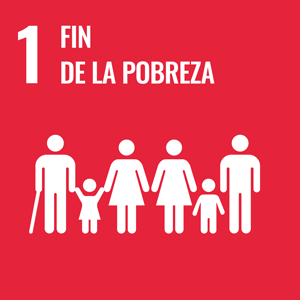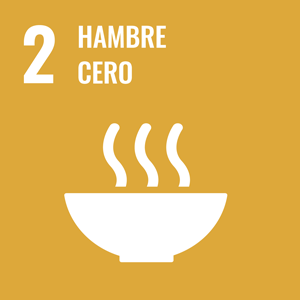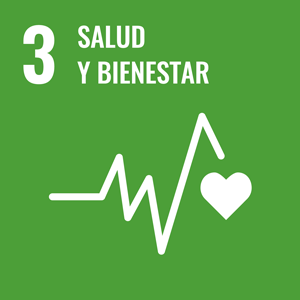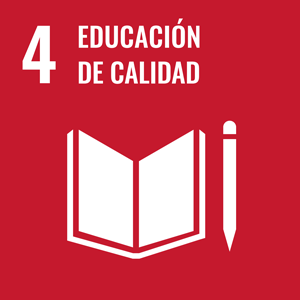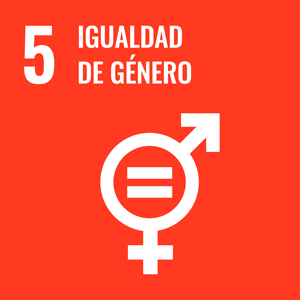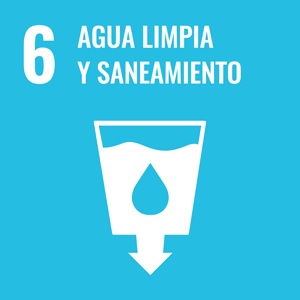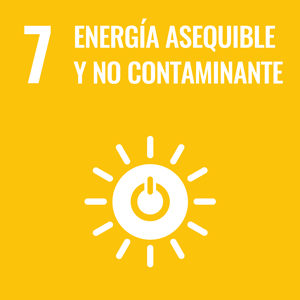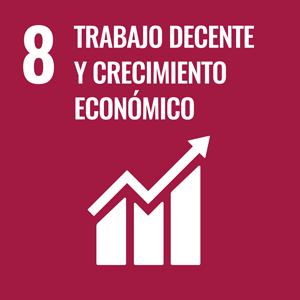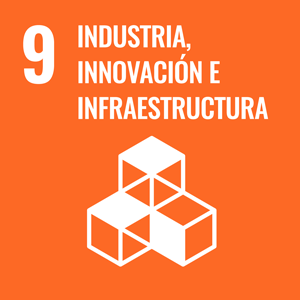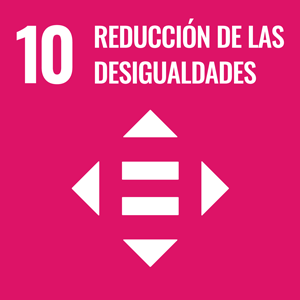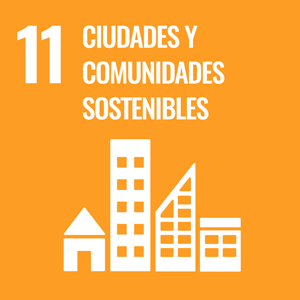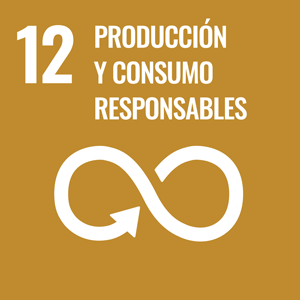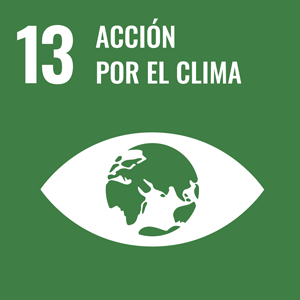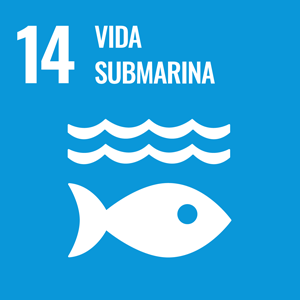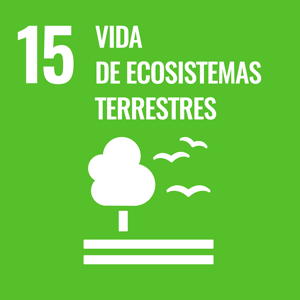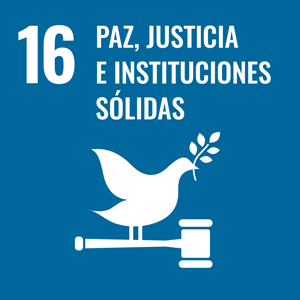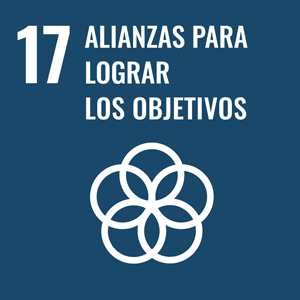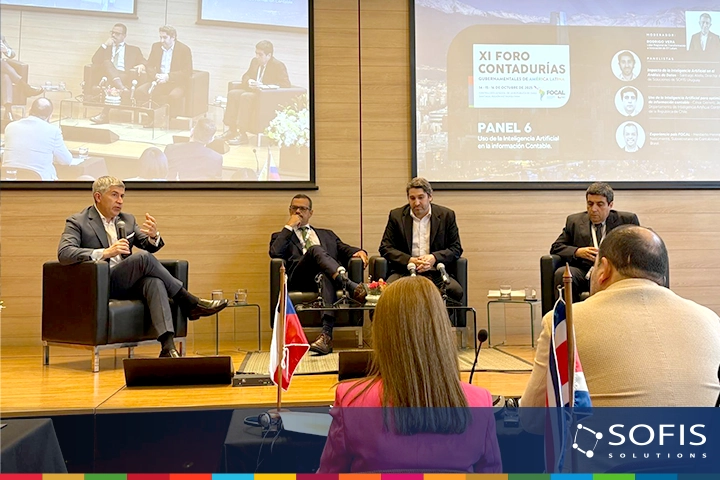-
Who we are
-
-
StrategyMission
To solve the challenges of organizations and communities through intelligent, secure, sustainable, and people-centered solutions, so they generate real value in their social and productive contexts.
VisionTo be the chosen company by organizations seeking to innovate with quality, purpose, and trust in the intelligent era.
Learn moreValues- Ethics and transparency
- Professionalism
- Respect
- Honesty
- Innovation
- Responsibility
- Effectiveness
- Integrity
- Customer orientation
- Punctuality
-
-
-
History
Sofis Solutions was born in 2005, in the city of Montevideo - Uruguay.
Since its inception, the main driver was and remains quality. This applies to processes, products, and relationships with the environment.The internationalization of the company It was one of the founding objectives. In the first stage, it expanded from Uruguay, and in the second stage, it opened offices in Latin American countries. Currently, it has offices in Montevideo, Panama, El Salvador and Ecuador.
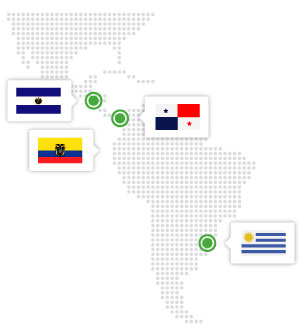
-
-
-
Alliances

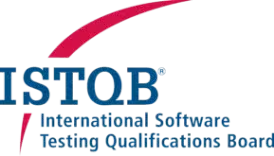



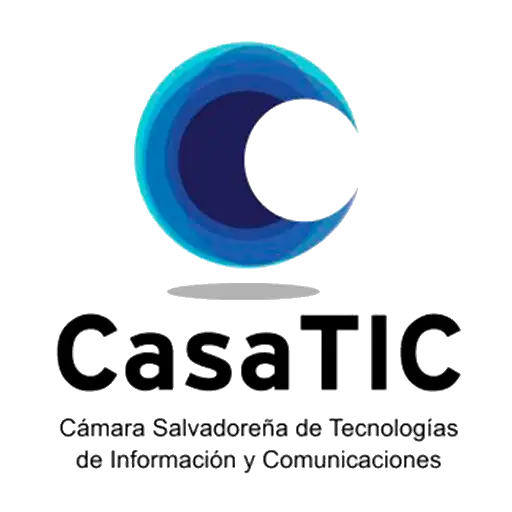


-
-
-
Certifications

CMMI-DEV-3
More informationNational Quality Award - 2023 Edition
More informationISO 9001:2015
Quality Management SystemISO 37001:2016
Anti-Bribery Management SystemISO 14001:2015
Environmental Management System
-
-
-
SustainabilityLearn more
Sofis Solutions integrates environmental, social, and governance (ESG) principles into its management and operations, driving sustainability through Digital Transformation. Its strategic approach prioritizes energy efficiency, digital inclusion, and transparency in digital governance, contributing to the responsible development of organizations.
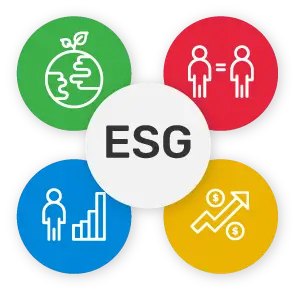
-
-
-
What we do
-
-
IT projectsLearn moreAt our Software Factory, we specialize in providing software development solutions with a focus on excellence and sustainability.
-
-
-
Software qualityOur software quality services comprehensively address the aspects or dimensions of software quality, addressing this approach throughout the entire software development cycle.
- Manual and automated functional suitability testing
- Performance testing
- Software product quality
- Software quality consulting
Learn more
-
-
-
Staff AugmentationLearn moreWhat is IT Staff Augmentation? IT Staff Augmentation is a specialized technical staffing model that enables organizations to increase their agility and respond to the changing technological needs of the market.
-
-
-
ConsultancyIn the public sector, strategic decisions and projects with citizen-centered designs and excellence have the power to transform entire communities.Learn more
-
-
-
BIonA SuiteBIonA Suite is a comprehensive platform for the intelligent management of processes and services in public and private organizations. BIonA Suite facilitates smart transformation with a focus on public value and user experience. Learn more
-
-
-
Projects
-
-
Recent projects
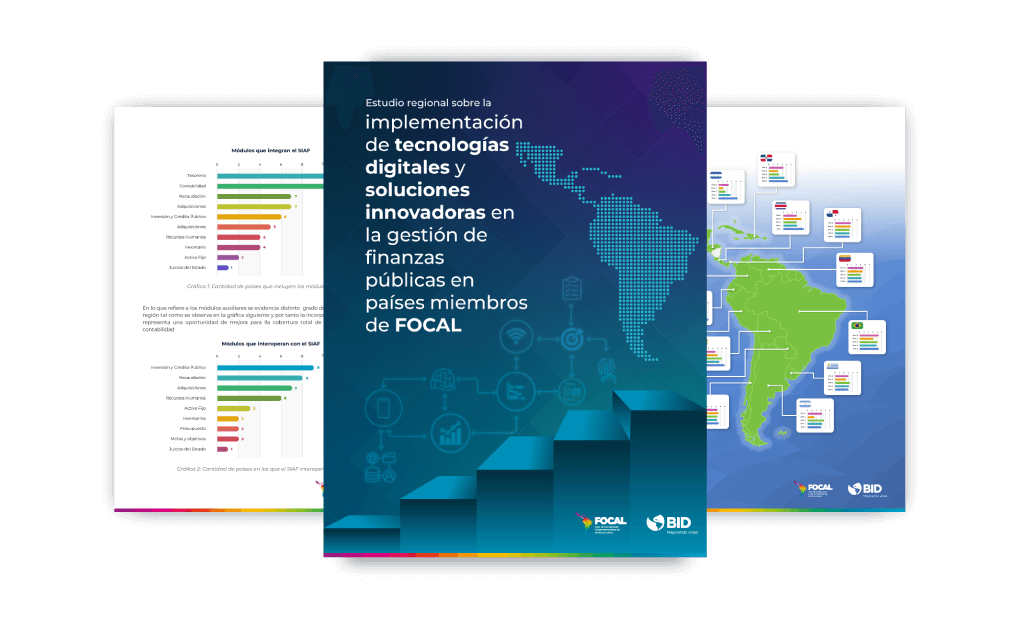 FOCAL Regional StudyFOCAL - El Salvador
FOCAL Regional StudyFOCAL - El Salvador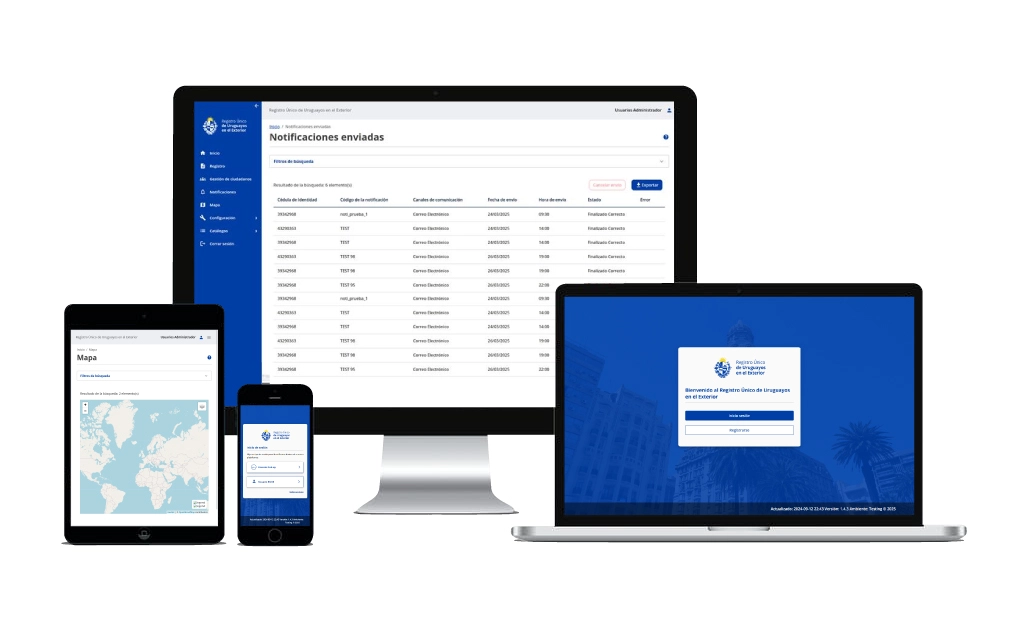 Single Registry of Uruguayans AbroadMinistry of Foreign Affairs - Uruguay
Single Registry of Uruguayans AbroadMinistry of Foreign Affairs - Uruguay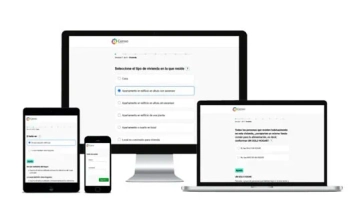 Population and Housing Census 2023National Institute of Statistics - Uruguay
Population and Housing Census 2023National Institute of Statistics - Uruguay
-
-
-
Digital Public InfrastructureWhat are Digital Public Platforms?ProjectsProducts
-
-
-
-
Mobile applicationsWe create hybrid, native, and PWA solutions for devices with Android and iOS operating systems.
Some of our projects:Digital Patrols, Ecuadorian Bovine Information System, Easy Budget UY, Digital Portfolio, SIGES Teachers App, SIGES Parents App.
Learn more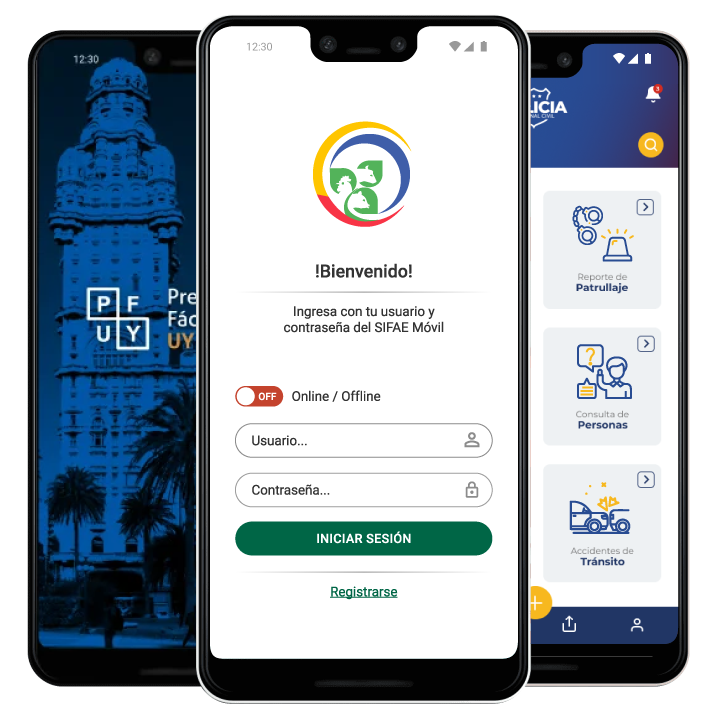
-
-
-
FOCAL regional studyThe purpose of the study was to carry out a regional analysis with the objective of identifying and evaluating the maturity level of the member countries of the Latin American Government Accounting Forum (FOCAL), currently composed of Argentina, Bolivia, Brazil, Chile, Colombia, Costa Rica, Ecuador, El Salvador, Guatemala, Honduras, Mexico, Nicaragua, Panama, Paraguay, Peru, Dominican Republic, Uruguay and Venezuela.Learn more
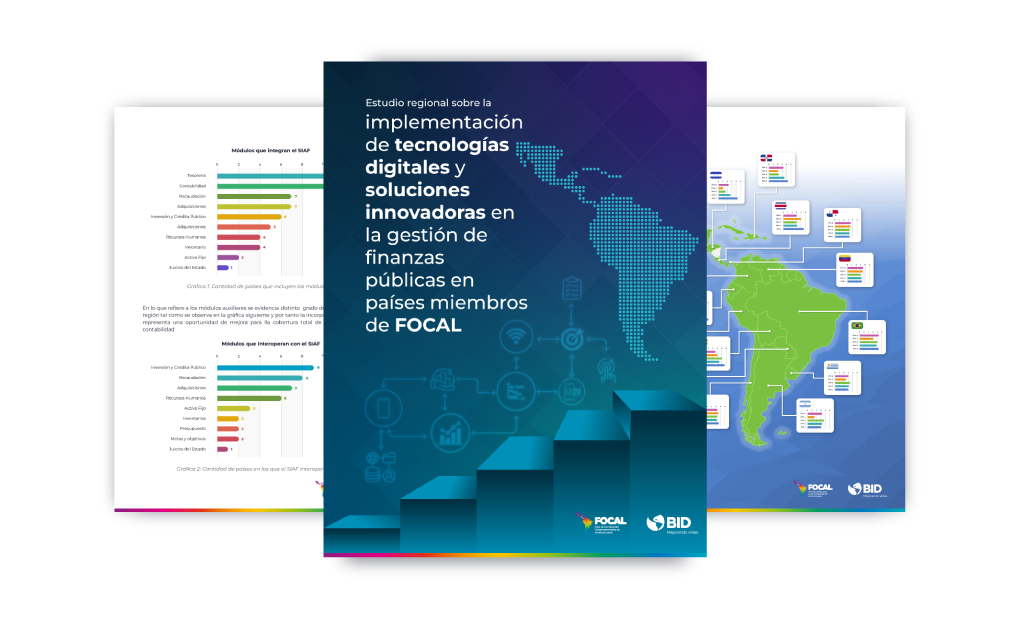
-
-
- AI
-
-
Artificial IntelligenceLearn moreAdvanced Artificial Intelligence (AI) and Big Data solutions that transform the way organizations make decisions and optimize their operations. We specialize in the development of intelligent autonomous agents and generative AI solutions using large language models (LLMs), both on local infrastructure and in the cloud.
-
- Press Room
-
-
Sustainable development
-
-
-
Interviews
 16/06/2025Virtual Threads in Java
16/06/2025Virtual Threads in Java
-
- Innovation
-
-
#GreenSofisMore information
Methodology
#GreenSofisSustainable Digital Transformation Conference
#GreenPath
-
-
-
AI For Everything
It is an initiative by Sofis Solutions, from the Intelligent Solutions Division, that promotes the adoption of artificial intelligence as a key driver of efficiency and effectiveness in the intelligent era.
It integrates both administrative and operational processes, promoting an organizational evolution where technology amplifies knowledge, optimizes decision-making, and generates value in a sustainable and inclusive way.
More information
-
- Contact us
- ES PT-PT
-

Electronic signatures streamline procedures, optimize organizational productivity, and enhance global trade.
Montevideo, November 10, 2023.
The digitization of documents and the use of electronic signatures are increasingly advancing worldwide, and it is a topic of regional interest.
The use of electronic signatures and document digitization not only allows processes within organizations and institutions to become more agile, but also contributes to reducing paper usage—a measure adopted by various industries aiming to be more sustainable—and enhances global trade potential by enabling faster and more reliable agreements between countries, while providing greater security and trust for all parties involved.
In Uruguay, the Unidad de Certificación Electrónica (UCE) is the regulator of the advanced electronic signature and digital identification ecosystem. The UCE regulates, while AGESIC acts as the coordinator and promoter of advanced electronic signatures, also managing the National Root Certification Authority (ACRN). The ACRN is the root of Uruguay’s National Public Key Infrastructure, forming the basis of trust for advanced electronic signatures and digital identification.
Through the ACRN, AGESIC enables Accredited Certification Service Providers (PSCA) to operate by issuing electronic certificates for their Certification Authorities (ACPA – Accredited Provider Certification Authority). In this way, ACPAs become part of the chain of trust, subordinated to the ACRN. They, in turn, issue digital certificates to individuals and legal entities so that they can digitally sign documents. For example, the Ministry of the Interior of Uruguay is a certification authority (CA), which allows a digital certificate for advanced electronic signatures to be incorporated into the identity card chip.
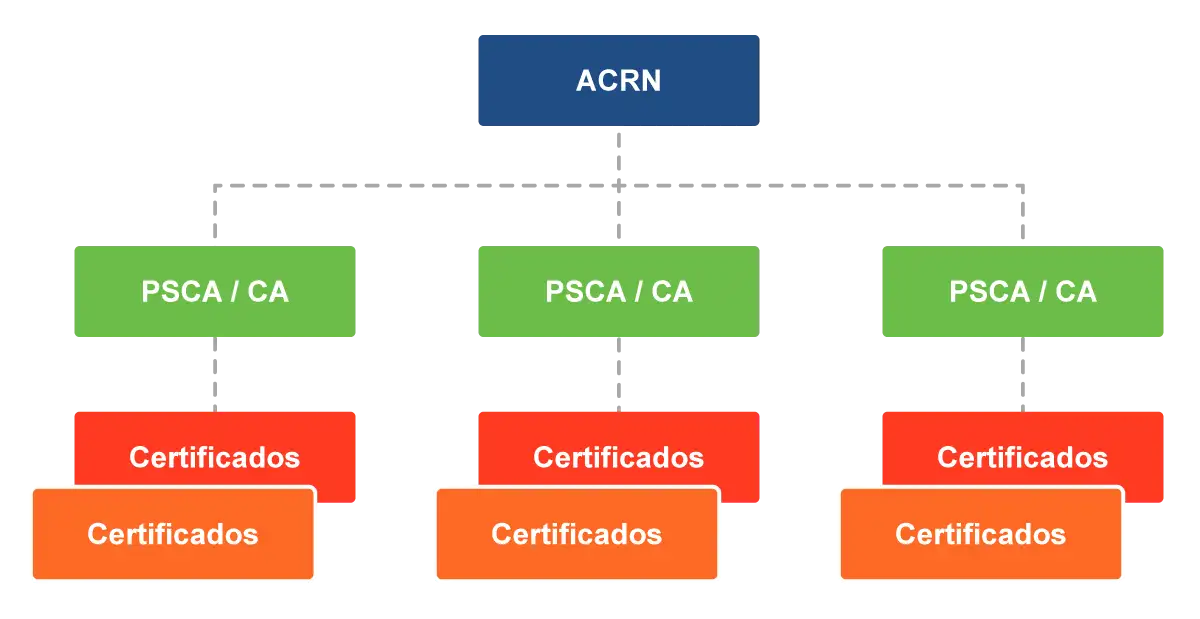
To promote widespread use of this valuable tool for society as a whole, AGESIC implemented a solution allowing people to use any of the enabled digital signature methods (accredited providers) and validate digital signatures from Uruguay, Argentina, Brazil, and Paraguay. This solution—developed by Sofis Solutions—is publicly available and free of charge. Anyone can use it to easily sign a document or validate signatures, and it also integrates via web services with state digital systems to facilitate embedded signing in each digital solution (document manager, online procedure, electronic file, etc.). By accessing https://firma.gub.uy, individuals can sign documents using a Digital Certificate for Individuals issued by one of the five methods currently regulated by the UCE. Available options include physical devices such as the chip identity card, the Correo Uruguayo token, the Abitab token, or through systems provided by service providers like Abitab or Antel, which offer cloud-based digital signature services.
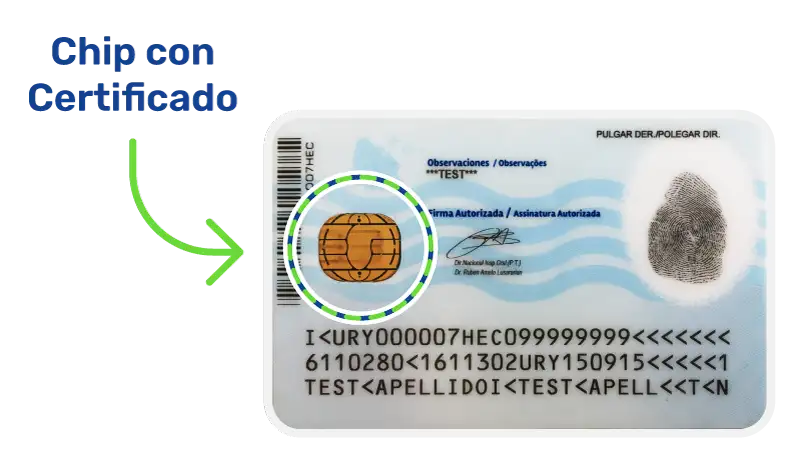
Rocío Coronel, Services Coordinator at Sofis, explained that the Advanced Electronic Signature project firma.gub.uy involved designing and implementing a flexible and secure solution that allows component integration, scalability, performance, and availability.
The platform also integrates with Uruguay’s state document management solutions. Currently, users from more than 15 agencies are integrated or in the process of integration, using this platform to sign or validate signatures from Uruguay, Argentina, Brazil, and Paraguay.
This version includes a desktop application for Windows, Linux, and Mac operating systems, and a website that meets the latest accessibility and usability standards; external systems for consuming information via services for integration with other systems; a web interface for administration and configuration; and a signature validator.
Juan Pablo García, Electronic Identity Manager at AGESIC, highlighted that the goal of firma.gub.uy is to facilitate the use of digital signatures to maximize adoption. He noted that the solution focused on usability, accessibility, scalability, and security, resulting in a very simple product that supports all signature modalities regulated by the UCE.
“Our goal is to universalize the use of Advanced Electronic Signatures to provide greater security and trust for all parties. One year after its launch, we are very satisfied with the solution and have many challenges ahead,” he stated.
Two types of signatures
Under Uruguayan law, there are two types of signatures: advanced electronic signatures (sometimes called digital signatures) and simple electronic signatures. Each digital signature is legally as valid as a handwritten signature certified by a notary public, provides the same legal guarantees as in-person signatures, allows verification of document integrity, and proves the participation of one or more parties in a communication or agreement.
The Advanced Electronic Signature contains information known only to the signer (ensuring unique identification), is created through means that allow the signer full control, can be verified by third parties, is linked to an electronic document (so any alteration can be detected), and is based on a certificate recognized and validated at the time of signing.
The Simple Electronic Signature is only valid between the parties using it to sign an agreement or contract. This means, for example, that a contract signed by two people using a Simple Electronic Signature cannot be presented as evidence to a third party, such as a judge.
“Electronic signatures in Uruguay are a fundamental pillar for agility, security, and reliability in digital transactions, as they drive digital transformation and facilitate interaction between individuals, companies, and government,” said Santiago Atella, director of Sofis Solutions, highlighting the project’s significant impact for the country.
From a legal perspective, the signature is very important as it represents an individual’s will to commit to the content of a contract, agreement, or any legal document. The signature symbolizes approval, commitment, and acceptance of the terms set forth in a document, explained Rodrigo Pagliaro, Compliance Officer at Sofis Solutions.
Signed documents gain legal force and binding effect between parties, making unequivocal identification of the signer essential. Advanced electronic signatures ensure identity, integrity, and non-repudiation of issued or transmitted documentation, avoiding the need for handwriting experts or lengthy and costly judicial processes.
Excellence in Cross-Border Digital Services
For this digital solution, Uruguay won the 2022 ExcelGOB award, organized by the GEALC Network, in the Cross-Border Digital Services category, thanks to the ability to validate signatures from Uruguay, Argentina, and Brazil. It was the first solution with cross-border digital signature validation in the region. The award, which recognizes innovative digital government solutions, was also supported by the Organization of American States (OAS) and the Inter-American Development Bank (IDB).
Uruguay, Argentina, and Paraguay have had a mutual recognition agreement for some time. This means that advanced electronic signatures from each country are legally valid in the three countries, enabling citizens and organizations to conduct cross-border transactions efficiently and with the same levels of security and trust as locally. Brazil is expected to complete this process soon, joining the rest of Mercosur. Additionally, Uruguay is advancing similar agreements with Chile and the Dominican Republic.
The same applies to electronic certificates, which are issued to individuals who wish to conduct electronic transactions with e-commerce servers online, such as banks, or with internal servers of organizations or companies using electronic filing systems.
The implementation of electronic and cross-border signatures is supported by the e-Government and Latin America and the Caribbean Network (GEALC Network) and by the Inter-American Development Bank (IDB), recognizing that advancing the use of these digital tools will strengthen secure and reliable electronic transactions, boost the digital economy, and promote digital government in the region.
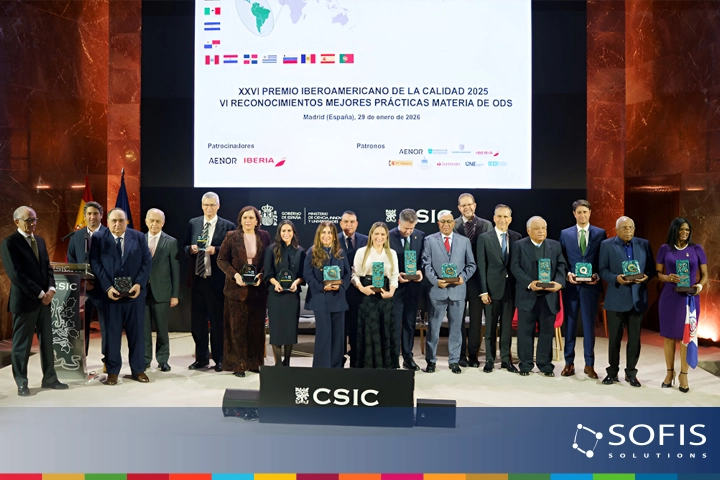
Madrid, January 29, 2026 – Sofis Solutions was honored with the Silver Award at the 2025 Ibero-American Quality Award, the highest recognition for exc......

In this interview we talked with the Software Engineering Group of Sofis Solutions, a team that has been actively working on the evolution of its deve...

On November 20th, the pilot edition of Creative Bureaucracy UY 2025 took place at the Sala Verdi, the local precursor to the Creative Bureaucracy Fest...












 Digital Signature
Digital Signature BionA Suite
BionA Suite Biona SIgn
Biona SIgn